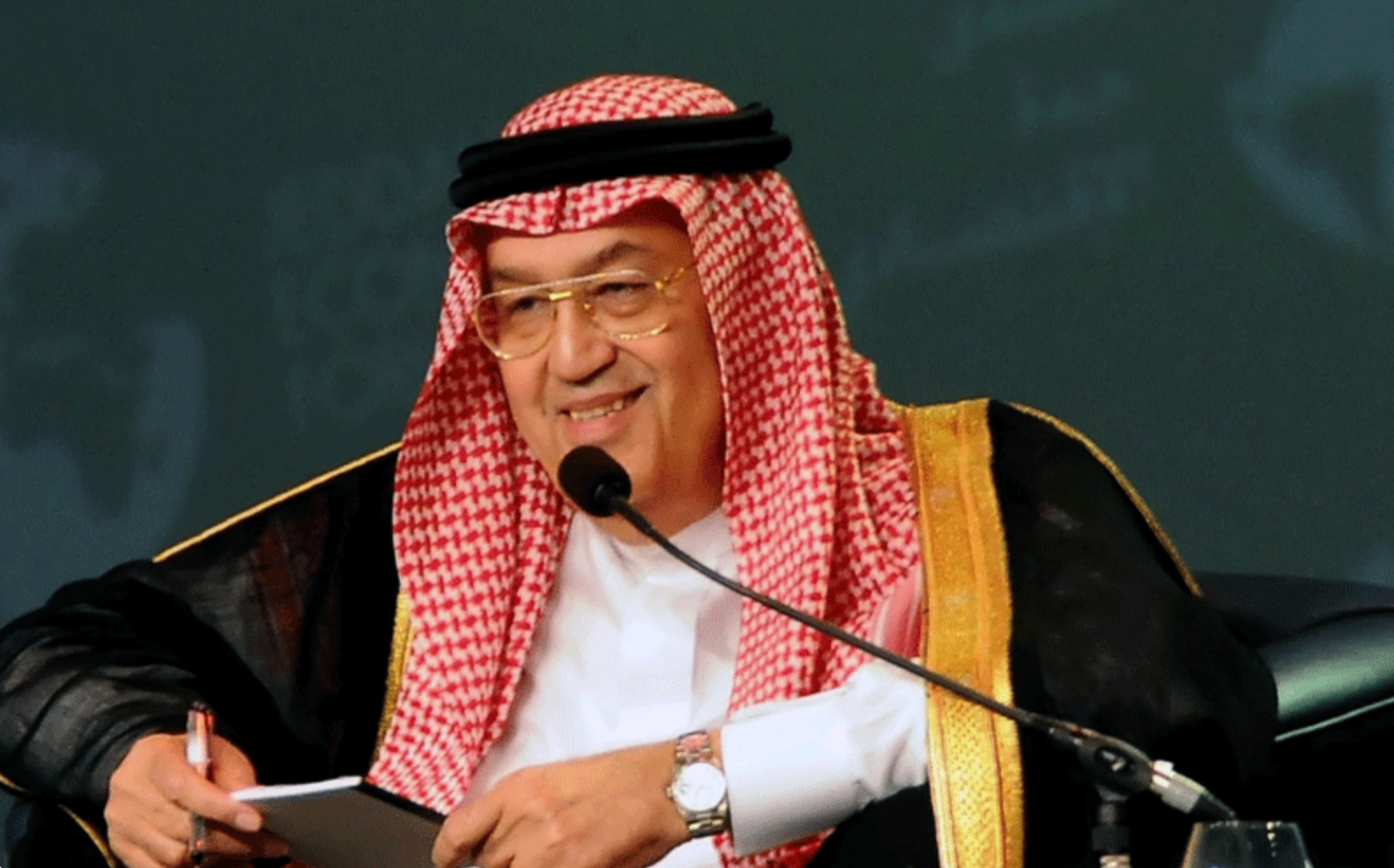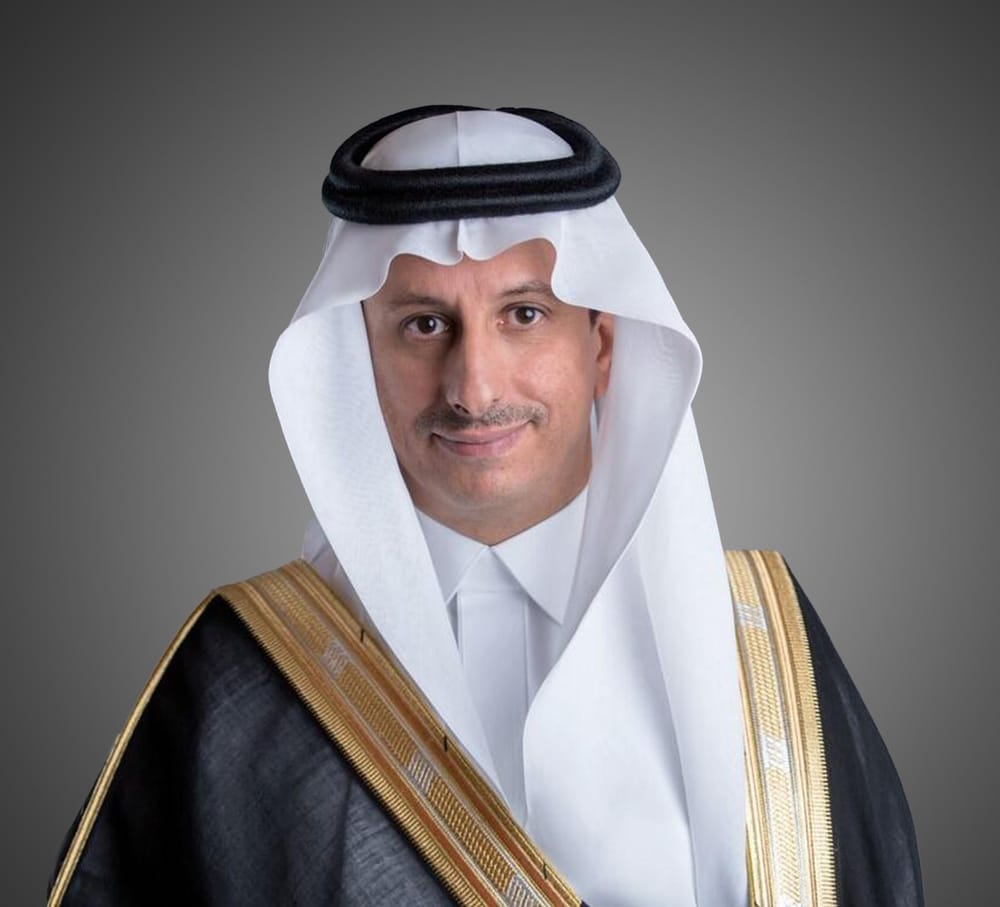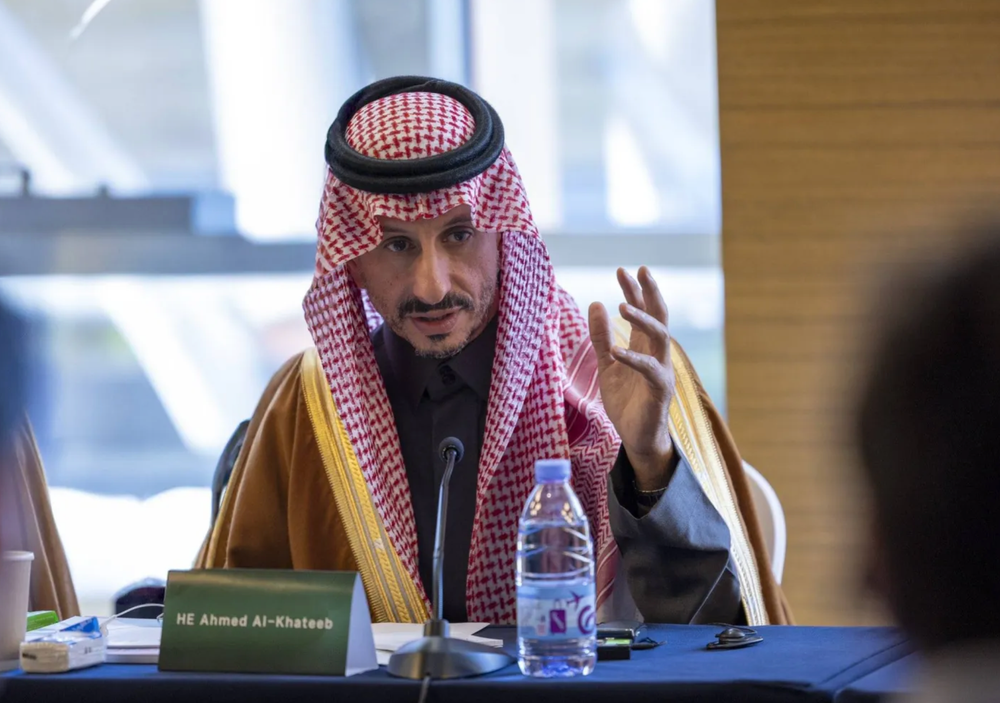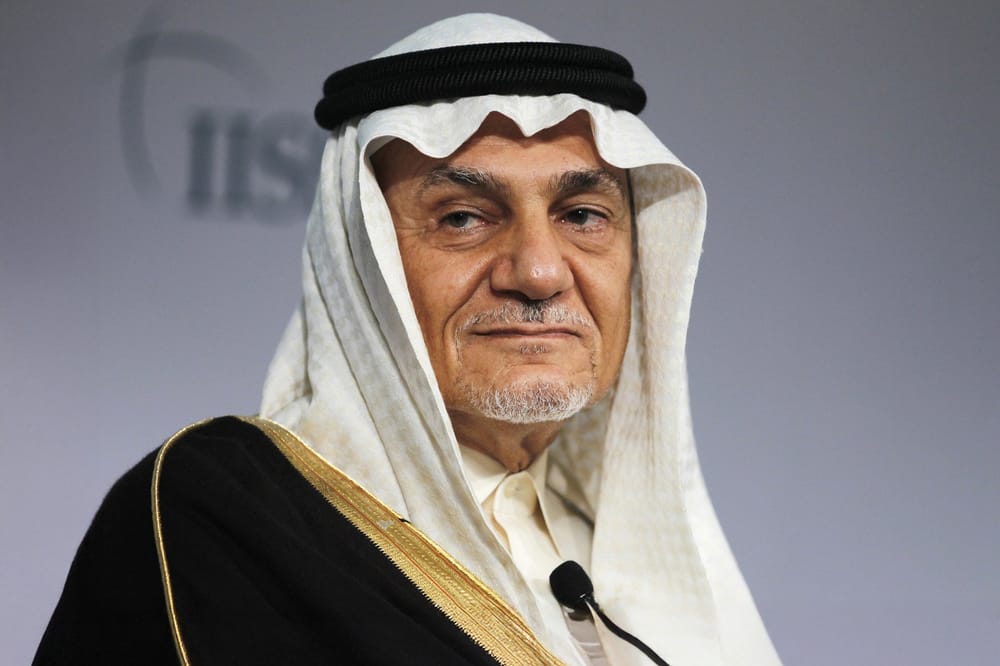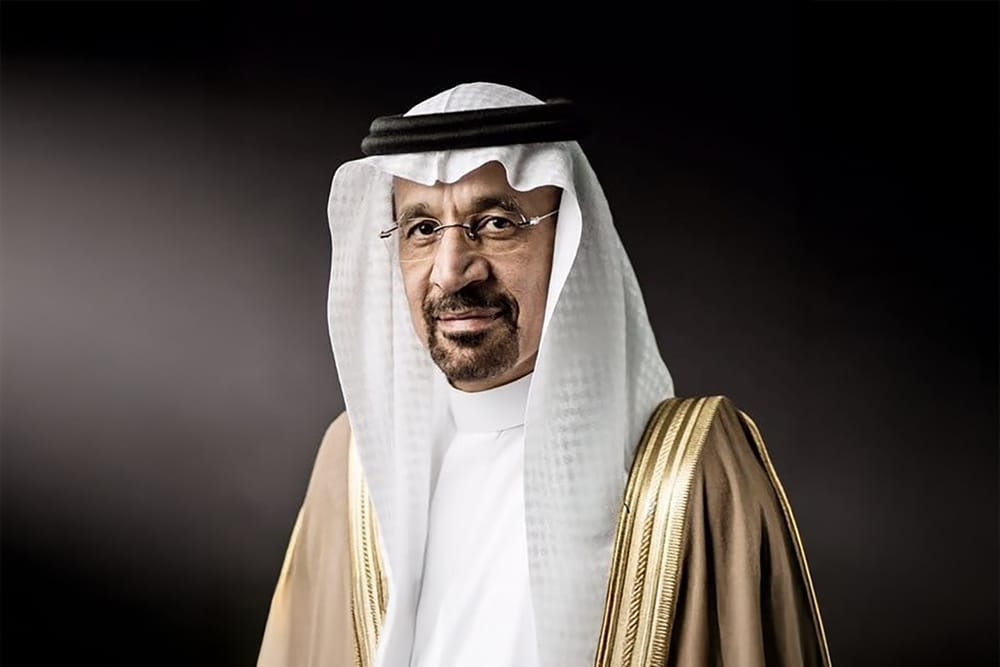In the history of Saudi governance, few ministers have left as broad and courageous a legacy as Ghazi Abdul Rahman Al Gosaibi (1940–2010). Known equally as a diplomat, poet, and author, Al Gosaibi’s years as a public servant and cabinet minister shaped key sectors of the Kingdom — from industry to health, water, and labor.
His leadership was marked by reformist thinking, administrative innovation, and a constant drive to align Saudi governance with global best practices — long before Vision 2030 began institutionalizing such ambitions. Al Gosaibi remains an enduring symbol of principled leadership, intellectual depth, and dedication to national progress.
The Leader’s Vision & Contributions
The Early Ministerial Years: Building an Industrial Future
Minister of Industry and Electricity (1975–1983)
Appointed during a period of national transformation following the oil boom, Al Gosaibi served as Minister of Industry and Electricity. His major achievements included:
- Spearheading the establishment of Saudi Basic Industries Corporation (SABIC) — laying the groundwork for what would become one of the world’s largest petrochemical companies.
- Accelerating industrial diversification — a strategic goal that anticipated later Vision 2030 objectives to reduce reliance on oil.
- Introducing modern administrative and management practices into government institutions.
Al Gosaibi’s tenure reflected his vision of a Saudi Arabia capable of competing globally through knowledge, innovation, and efficient public institutions.
A Courageous Voice: Short but Impactful Term at Health Ministry
Minister of Health (1983–1984)
Al Gosaibi’s brief tenure as Minister of Health was defined by his bold commitment to transparency and accountability:
- He publicly criticized inefficiencies and corruption in the sector — even composing a poem that called out complacency in government circles.
- This act, though courageous, led to political pushback and his removal — but also cemented his image as a minister who put public interest above political convenience.
His stance highlighted an enduring principle of leadership: moral courage sometimes carries personal cost, but leaves lasting institutional lessons.
Champion of Modernization: Later Ministerial Roles
Minister of Water and Electricity (2002–2004)
Returning to the cabinet in the early 2000s, Al Gosaibi was appointed Minister of Water and Electricity:
- He drove the integration of two previously separate sectors, aiming to improve efficiency and citizen services.
- He emphasized the need for public-private partnerships, anticipating future trends in Saudi public sector management.
Minister of Labor (2004–2010)
Perhaps his most socially impactful role was as Minister of Labor:
- Al Gosaibi championed Saudization, striving to create meaningful employment opportunities for Saudi nationals.
- He promoted skills development and introduced initiatives to make the private sector more attractive to local talent.
His reforms were pragmatic — recognizing both economic needs and the importance of protecting the social fabric. During this time, Al Gosaibi once said:
“The dignity of labor is the dignity of the nation. Employment reform is not an economic issue alone — it is a matter of citizenship.”
Key Milestones in Office
- Founded SABIC, transforming the Saudi industrial landscape.
- Introduced modern management practices across ministries.
- Championed integrity and transparency in public service.
- Advanced water and electricity sector integration.
- Led labor market reforms to promote national employment.
Leadership Lessons
Ghazi Al Gosaibi’s legacy offers timeless insights for current and future Saudi leaders:
- Courage to speak truth — even to power
He demonstrated that integrity matters more than position. - Vision-driven policymaking
His early focus on industrial diversification and human capital development directly resonates with today’s Vision 2030 pillars. - A humanistic leadership style
Though a technocrat, he never lost sight of the human stories behind public service. - Adaptive mindset
From industry to labor to utilities — his ability to lead across sectors reflected a growth-oriented, adaptive intellect.
Legacy and Relevance Today
Ghazi Al Gosaibi remains one of Saudi Arabia’s most visionary ministers — a reformer who was never afraid to challenge the status quo in pursuit of a stronger, more modern state.
His leadership legacy continues to inspire today’s ministers and policymakers:
- His vision of industrial diversification is foundational to Vision 2030’s economic transformation.
- His bold stance for transparency remains a benchmark for government accountability.
- His focus on human capital and Saudization aligns with national priorities for sustainable development.
As Saudi Arabia advances under Vision 2030, Ghazi Al Gosaibi’s example remains a guiding light — a testament to what principled, forward-looking leadership can achieve.


